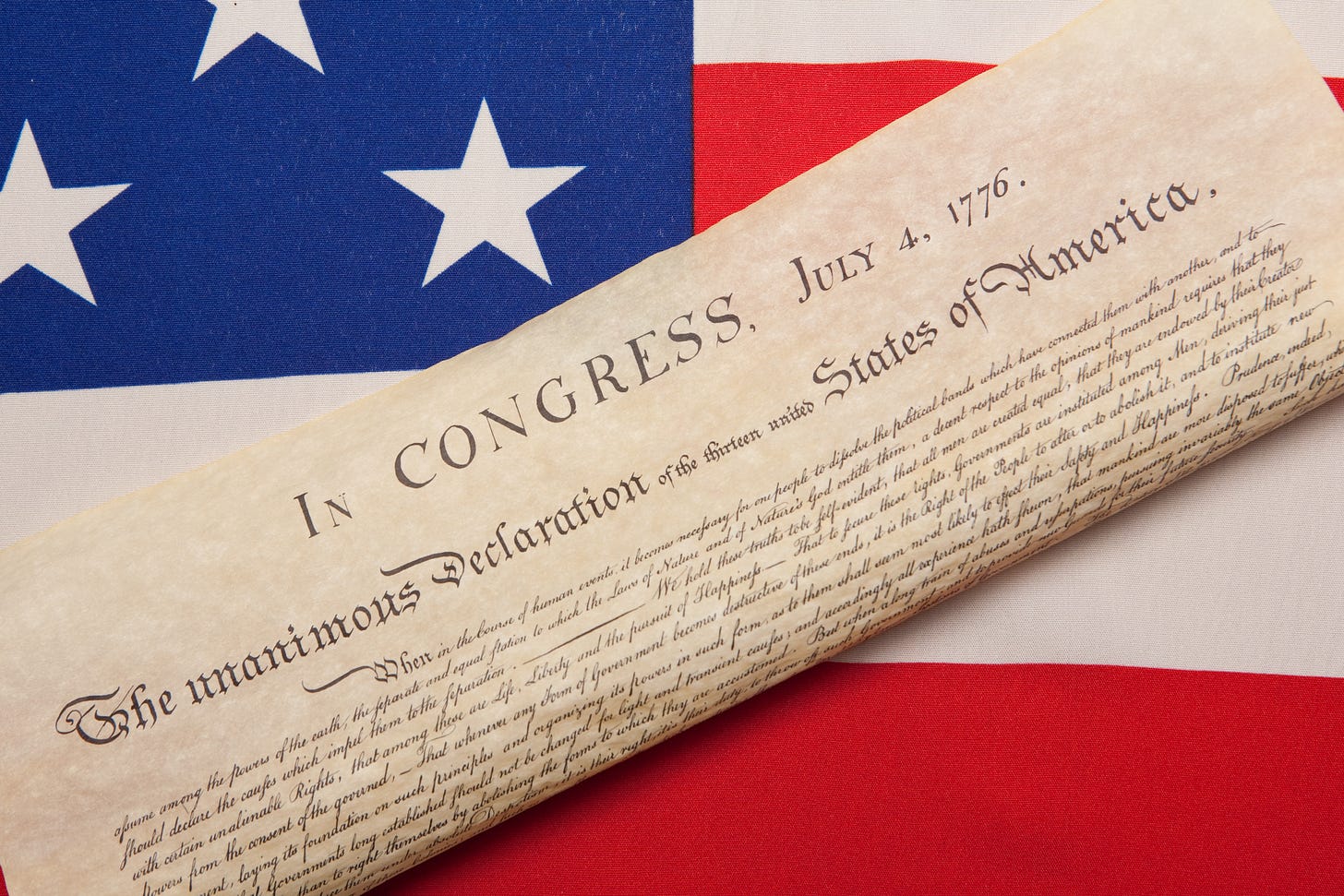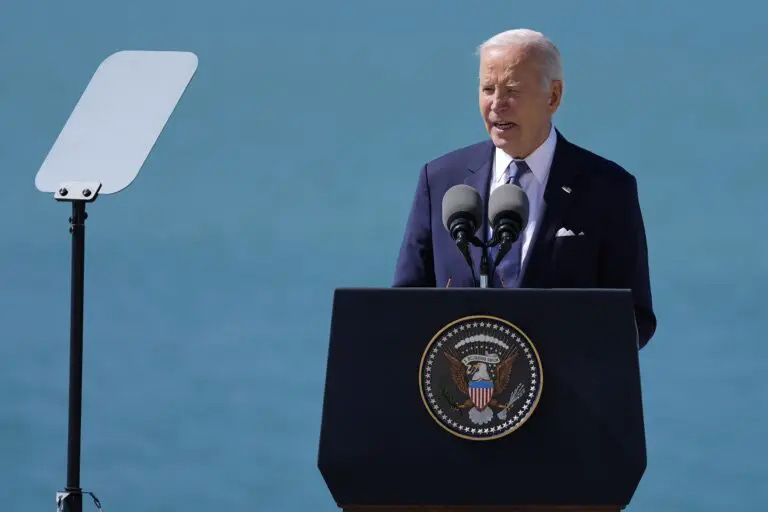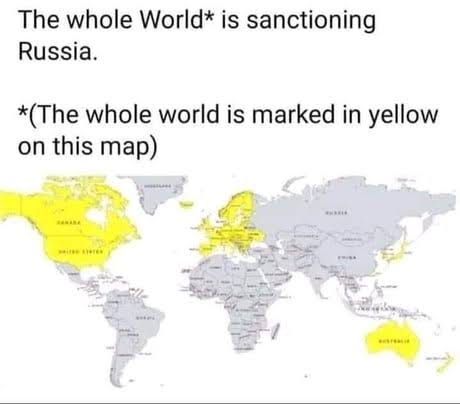Electoral Irony
The UK will elect its next government on American Independence Day, and the US will elect its next President on Guy Fawkes Day. Both dates celebrate important moments in each country’s history when established political power was challenged, albeit not always successfully. Next month, while Britons vote, Americans will celebrate their ancestors’ revolt against the hated Duties in American Colonies Act 1765, AKA The Stamp Act, which resulted in the Declaration of Independence on July 4th, 1776.
Outsider
My agony of being unable to decide whether I am a Randian small-state Objectivist or a Rothbardian anarcho-capitalist always makes me feel detached and alienated from mainstream politics. But approaching the halfway point in a year, when half of the world’s population gets to vote, and politicians and party machines try to raise enthusiasm for our fading democracies, my sense of alienation intensifies.
Balance Shift
As I write, some 250 million Europeans can vote for their MEPs for the next five-year term, bringing what is widely expected to be a change from the previous progressively liberal Brussels consensus to a more fractured alliance of popular nationalists. In the UK, we are about to zig narrowly from the soft right to the soft left; Europe will likely have zagged to what is widely described as the hard or far right.
Out of Touch
Along with the UN, NATO, the IMF, and the World Bank, the EU represents a pillar of our post-war liberal democracy. But like much of the post-WWII order, these pillars are crumbling. Yet seemingly, the last people to notice or accept this reality are our politicians, the mainstream political parties and their media enablers.
Own World
Joe Biden highlighted this point on the Normandy beaches, saying I simply refuse to believe American greatness is a thing of the past. Thus confirming fears that he enjoys life in a make-believe alternative version of the 1970s, a contrasting place the Trump base believes it has lived through over the past twenty years.
Powering Down
Of course, that is not to say that the US does not maintain global political, economic, and financial dominance; just that, along with other post-war certainties, US unipolar power has become a less certain proposition. The dollar remains pre-eminently the least dirty shirt in the laundry pile, the US military is unrivalled but overstretched, and its economy is the most resilient, but for how much longer? However much Biden and other supporters of the post-war order wish otherwise, none of these strategic advantages will last forever.
World War III
As we rightly remember WWII, it behoves us to reflect on the likely causes of WWIII, a war former British Army Major Andrew Fox thinks we are already in.
It just doesn’t look like the conflict we thought it would be … our enemies are trying to defeat us through economic and cultural means without firing a shot.
Russia, China and Iran have taken sides, and others like Qatar and Turkey are playing off both sides for what they can get. At the same time, Ukraine and Israel give us a taste of what will swamp us should things escalate to a shooting war. As a reminder of how things have escalated, look no further than the recent move in the gold price.
Won’t Get Fooled
Back in Britain, historian and podcaster Dominic Sandbrooke said while compiling his league table of top postwar UK General Elections (February 1974 was the runaway winner), the reason electorates no longer trust our politics and view politicians with scepticism bordering on contempt is that,
We've seen behind the mask and know it's all contrived and confected ... People are no longer interested ... We have reached the last detritus of an old way of doing things .... days of the electorate being taken in by fake meetings with people in supermarkets and "walk abouts" are over.
Runtism
But Sandbrooke’s more critical observation is the similarities and subtle differences between the Butskellism of the 1950s and today’s mono-party chancellors. Call it Heeves or Runtism, but Hunt and Reeves are not ideologically aligned like Butler and Gaitskell. Instead, they are boxed in by the same strict budgetary guard rails set by the Treasury and OBR as part of the Truss / Kwarteng debacle settlement.
No Idea
Sandbrookes’s thesis is that events are more consequential than political ideas. Indeed, political ideas are born out of circumstance. British politics was so overcome by Brexit's events and constitutional aftermath that we now find ourselves at an ideological low point.
Expect the Worst
Herein lies an important reason why the UK has started to shine in global capital markets. As Hunt hands over the purse strings to Reeves, global investors are reassured that the UK’s fiscal sails were reset in Q4 2022, if not perfectly, then at least for troubled times and to a greater degree than other, more highly acclaimed economies and markets.
Better than Expected
Two economic surveys last week, one from the British Chambers of Commerce (BCC) and the other from the think tank UK in a Changing Europe (UKCE), highlighted a stronger and more resilient British economy than previously expected. The BCC revised its GDP forecast trajectory for the next three years from 0.8% this year to 2% by 2026. Meanwhile, the UKCE trade trends survey reported that,
The UK has outperformed almost all other advanced economies in terms of the resilience of its services trade [since Brexit] … The strength of UK services trade is commonly understood to be underpinned by financial services. There are good reasons for this. However, ONS data shows that it is not financial services that have driven the recent boom in services trade. Rather, ‘other business services’ have become a more important component of services exports over the last ten years relative to financial services. This is a broad category of activity that includes management consulting, legal and professional services, architecture and research and development. Other business services have now overtaken machinery and transport equipment, historically the UK’s largest export sector.
Slowing Down Over There
Meanwhile, there are signs that the US economy is slowing down following its double-pumped fiscal deficit boost last year. It is fading as the monetary lags catch up with interest rate-sensitive areas such as real estate and regional banks. The dollar is weakening, and energy and commodity prices indicate slower global growth: buoyant employment data and a slowing inflation rate mask differing realities experienced by middle-income voters.
To Err is Human
As we approach November 5th, the risk of a policy error looms. On the one hand, the Fed could cut rates before the inflation dragon is dead or keep rates overly restrictive for too long, causing a recession. We are close to the runway, and the soft landing isn’t so certain.
OK Over Here
Amid all this, the Pound Sterling has been the best-performing G20 currency in 2024, and the London stock market is up 11%. Additionally, there are signs of a thaw in its liquidity and capital markets activity. It is not yet worthy of a victory lap, but it has been a notable change over the past few months.
Clean Flush
Of course, none of this matters to British electors who vote on July 4th to seek independence from fourteen years of the Conservatives. Within hours of the result, the removal vans will have been and gone from 10 Downing Street, and a new government will start work. For all its clunky antiquity, the British constitution quickly flushes its failed politicians from power. The biggest risk now is that Labour’s landslide is so overwhelming the UK does a Mexico, where last week the Peso fell sharply as its new socialist President gained a constitutional altering super-majority.
Gunpowder Plots
Yet come Guy Fawkes Night, as the UK burns Catholic effigies and lets off fireworks in memory of what could have happened over 400 years ago, our American cousins begin their slow-moving, possibly litigious process of determining who will take the White House in January 2025 with a brooding fear that a close call either way could prove explosive.
Another Six Months
There is still much water to flow under the US political bridge; much can change. Biden might end up in respite care, and Trump might end up in custodial care. But whichever side wins, it will likely involve a more profoundly risky process than the UK experiences next month.
Jeremy
08/06/2024










